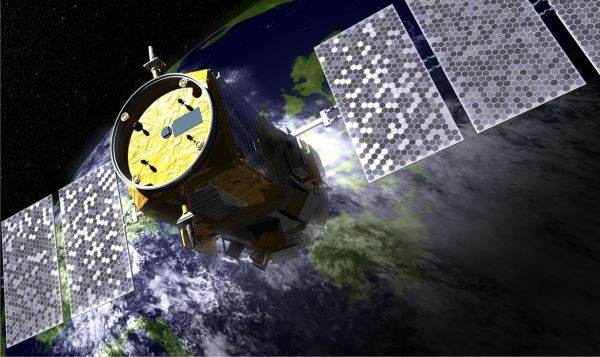Brussels is preparing to put into operation, by the end of 2025, GovSatcom, a revolutionary government satellite communications system, which will offer all 27 EU member states free access to secure communications networks provided by European geostationary satellites, according to an article published yesterday by the French daily La Tribune. Practically, through this approach, Europe is taking a decisive step towards its technological and strategic sovereignty, GovSatcom being considered by experts as the European anti-Starlink weapon, the quoted source states.
The program, coordinated by the European Commission through its space agency EUSPA, under the leadership of Andrius Kubilius, Commissioner for Defense and Space, recently obtained validation from the European Space Security Accreditation Board (SAB). This confirmation paves the way for the official launch of the service, expected by the end of the year or at the latest in early 2026, depending on the results of the latest full-scale tests.
Initially underestimated, GovSatcom is now proving to be a central piece of the European resilience strategy, directly rivaling Starlink, the American satellite communications system controlled by Elon Musk's SpaceX, which has shaken the balance of the global space market. Unlike the American commercial model, GovSatcom proposes a collective solution, based on the principle of "pooling and sharing" - the mutualization and sharing of European military and government satellite capacities.
Five countries are already the main pillars of the project: Spain, with its two SpainSat NG satellites, capable of connecting several geographical areas simultaneously, and Luxembourg, followed by France with its Syracuse satellites, Greece and Italy through the Sicral system. These states are providing the necessary capacities, which will be purchased by EUSPA and then made available free of charge to all member states.
The total project budget is almost 150 million euros for development and commissioning, of which 107 million euros were allocated to the Spanish company GMV in September 2024 for the creation of the central platform, the hub connecting the satellite network with government users. This optimal ratio between cost and strategic impact makes GovSatcom one of the most cost-effective and secure space projects of the European Union.
The interest of the EU Member States is massive: more than half of them have already expressed their desire to access GovSatcom services, in particular the Scandinavian, Baltic and eastern border countries, such as Poland and Romania. The reasons are clear and essential - the service is free, secure and offers technical performance comparable to that of the Starlink network, but without the risks associated with an infrastructure controlled by a non-European private actor. The only significant difference remains the latency time, specific to geostationary satellites, but the advantages in terms of security and reliability fully compensate for this aspect. "GovSatcom, as it stands today, by federating existing capacities in Europe, meets all the needs of the 27 European states for several years, until the emergence of the IRIS² system”, say sources quoted by La Tribune.
The project also has a major geopolitical dimension. The European Commission has officially proposed to the Council to authorise the opening of negotiations with Ukraine for its participation in GovSatcom, but also in the future IRIS² programme. Once the international agreement provided for in Article 218 of the Treaty on the Functioning of the European Union is signed, Ukraine will benefit from access to the European secure communications infrastructure, a major step in its strategic integration into the European space.
"Ukraine's participation will strengthen Europe's secure space capacities at a decisive moment. It is a decisive step towards a stronger and more united Europe, capable of protecting its citizens, on Earth as well as in space”, declared European Commissioner Andrius Kubilius.
Although the GovSatcom program has a limited budget, the European Union is demonstrating that technological independence is not a dream, but a reality already in orbit, a real alternative to the Starlink system.














































Reader's Opinion